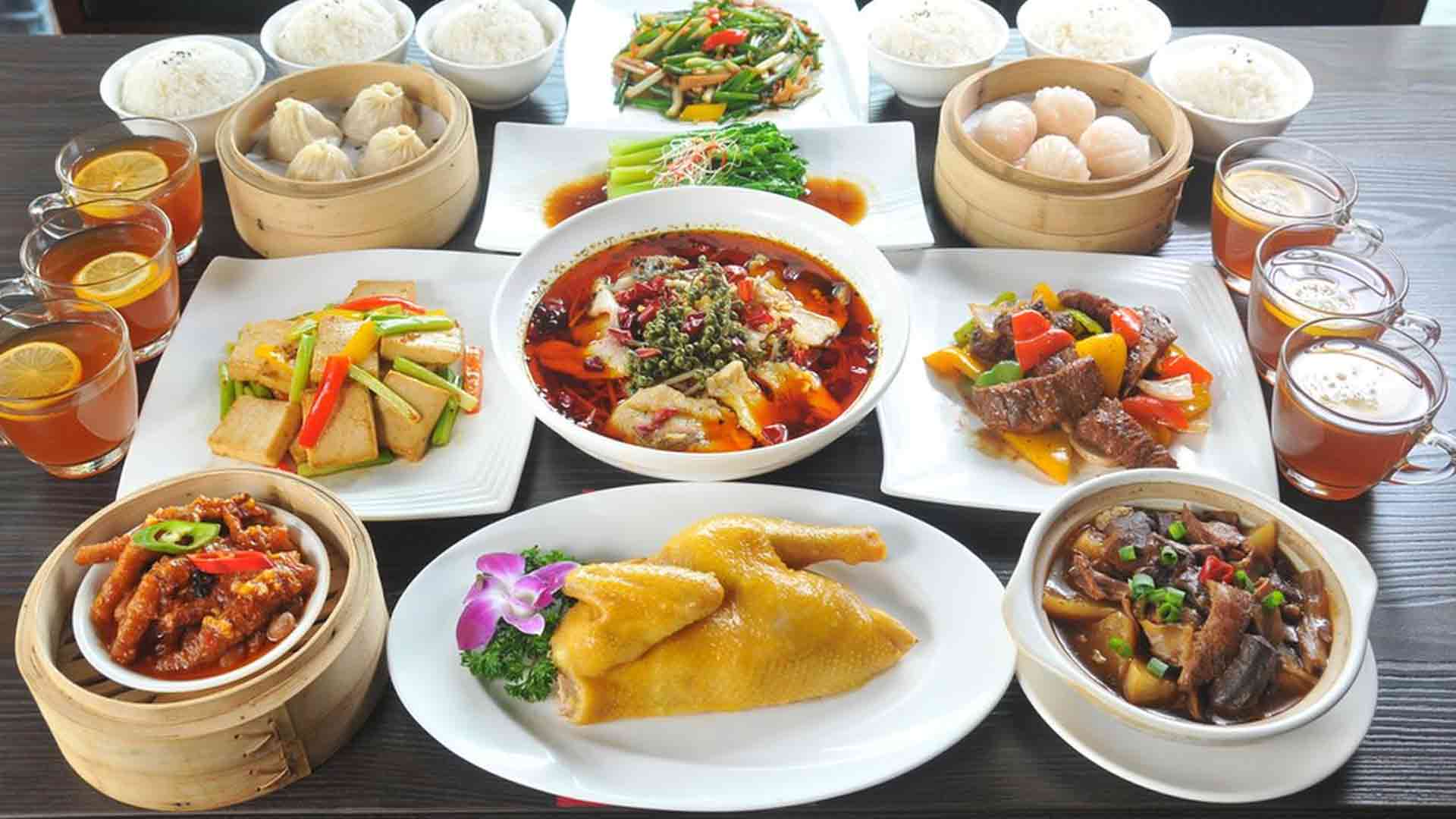From Mountain Smoke to Ocean Steam

From Mountain Smoke to Ocean Steam
The world's culinary landscape is a testament to human ingenuity and adaptation, a vibrant tapestry woven from the threads of geography, climate, and cultural heritage. From the rugged peaks where ancient traditions linger, to the sprawling coastlines kissed by the ocean's bounty, food tells a story of survival, celebration, and innovation. This journey from "mountain smoke" to "ocean steam" explores the profound impact of environment on our plates, revealing distinct yet equally captivating global cuisines that offer a rich spectrum of flavors and experiences. Each bite is a passport to a different world, an invitation to understand the deep connection between people, place, and palate.
In the heart of mountainous regions, where winters are long and resources can be scarce, the art of preservation and hearty, comforting meals has been perfected over centuries. "Mountain smoke" evokes the rich aroma of cured meats, often smoked over fragrant wood fires, a tradition born out of necessity and elevated to an art form. Imagine the robust flavors of alpine cheeses, aged in cool cellars, or the slow-cooked stews made with root vegetables and wild game, simmered for hours to extract every ounce of nourishment. These are dishes designed to sustain, to warm the body and soul against the biting cold, reflecting a lifestyle deeply intertwined with the land. High-altitude farming gives rise to unique grains and resilient livestock, shaping a cuisine that is earthy, deeply satisfying, and steeped in time-honored techniques. From the smoked hams of the Black Forest to the hearty goulash of the Carpathians, or the slow-roasted lamb of the Andes, mountain food is about heritage, resilience, and the comforting embrace of tradition. The emphasis is on deep, developed flavors, often requiring patience and a respectful use of every available ingredient, turning simple components into profoundly satisfying meals that tell tales of generations passed.
Moving from the landlocked robustness of mountain cuisine to the expansive, fluid world of coastal dining reveals a dramatic shift in culinary philosophy. The transition isn't just geographical; it's a sensory metamorphosis, from the deep, earthy notes of smoke and cured meats to the bright, briny freshness of the sea. While mountains demand resilience and preservation, oceans offer abundance and a focus on immediacy and lightness. The techniques change dramatically too, reflecting the need to prepare delicate ingredients without overpowering their natural flavors. This evolution across terrains highlights the incredible diversity within global food systems, each shaped by its immediate environment and the resources it provides.
The "ocean steam" side of the culinary spectrum is characterized by its freshness, vibrancy, and often, its speed of preparation. Here, the bounty of the sea takes center stage: succulent fish, plump shellfish, and a myriad of marine vegetables. Steaming, a gentle cooking method, is perfectly suited to preserving the delicate textures and natural sweetness of seafood, allowing its inherent flavors to shine. Think of perfectly steamed sea bass, infused with a hint of ginger and scallions, or light and flaky white fish prepared with minimal fuss, showcasing the pristine quality of the catch. Coastal cuisines around the world, from the Mediterranean to Southeast Asia, emphasize light cooking, often incorporating citrus, herbs, and healthy oils to enhance, rather than mask, the ocean's gifts. Sushi, ceviche, and fresh ceviche are prime examples of this philosophy, celebrating raw or lightly cured seafood, while coastal grills sizzle with the day's fresh catch, seasoned simply to highlight its natural appeal. The pace of life near the ocean often feels lighter, more open, and this is mirrored in the cuisine: vibrant salads, quick stir-fries, and an emphasis on fresh, often sustainable, ingredients that speak directly of the sea's generosity.
The beauty of the global food scene lies in this magnificent contrast and the shared human desire to create delicious sustenance. "From Mountain Smoke to Ocean Steam" is more than just a culinary journey; it's an exploration of how human cultures have thrived by mastering their environments. Whether it's the rich, lingering taste of smoked paprika from a mountain village or the bright, invigorating zest of a lime-infused ceviche from a coastal town, each dish offers a unique window into a culture's soul. Understanding these distinctions enriches our appreciation for food, transforming mere sustenance into a profound cultural experience. For those eager to embark on a personal discovery of these incredible tastes, seeking out the best international food experiences is an adventure in itself, allowing you to traverse continents and cultures, one delicious bite at a time. This culinary diversity ensures that there is always something new to discover, a fresh flavor profile to explore, and a story to unravel through the universal language of food.
In conclusion, the journey from the deep, smoky flavors of mountainous regions to the light, refreshing tastes of ocean-influenced cuisines encapsulates the vastness of our planet's gastronomic offerings. It's a testament to the ingenuity of human societies in transforming raw materials from their surroundings into dishes that nourish, comfort, and inspire. Embracing this diversity enriches not only our palates but also our understanding of the world, reminding us that every plate tells a tale of tradition, innovation, and the enduring connection between humanity and the land (or sea) beneath its feet. So, whether your next meal evokes the warmth of a mountain hearth or the cool breeze of a seaside village, savor the journey and the rich tapestry of flavors that await.